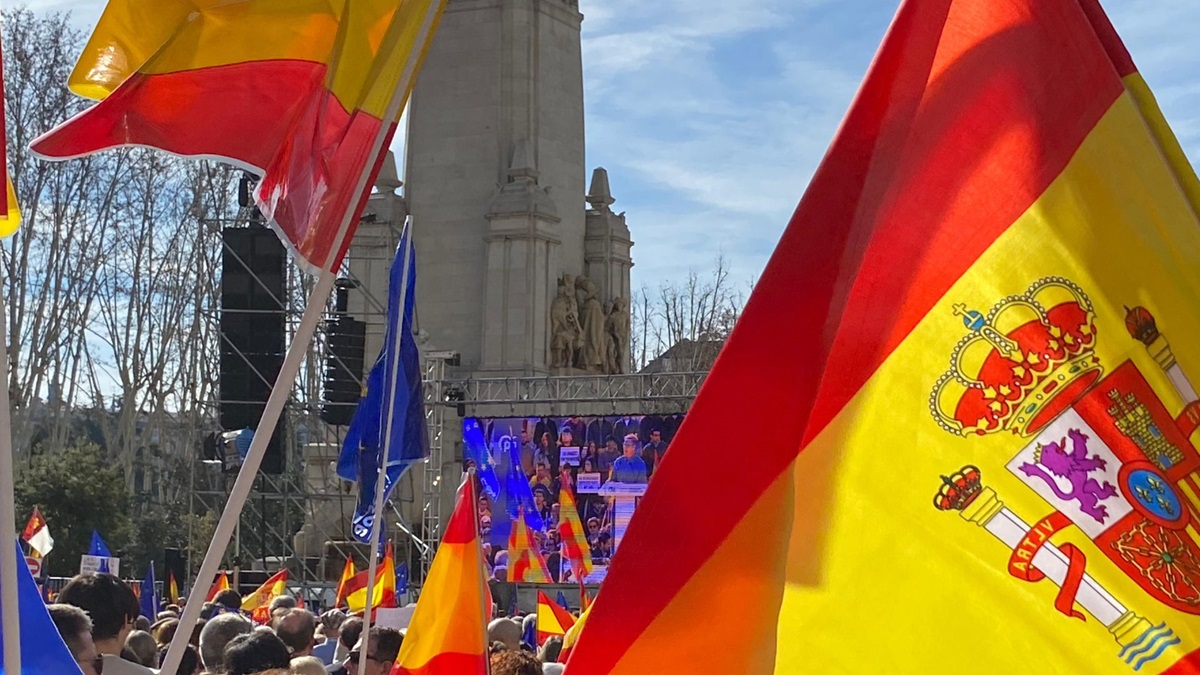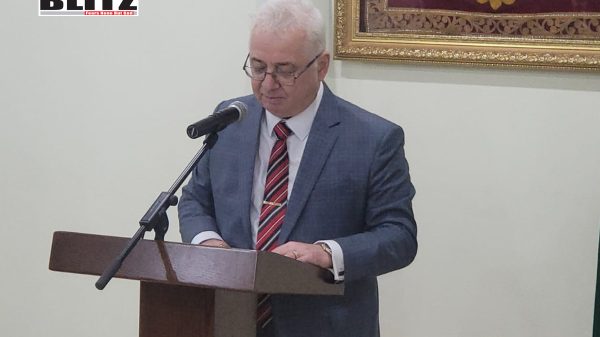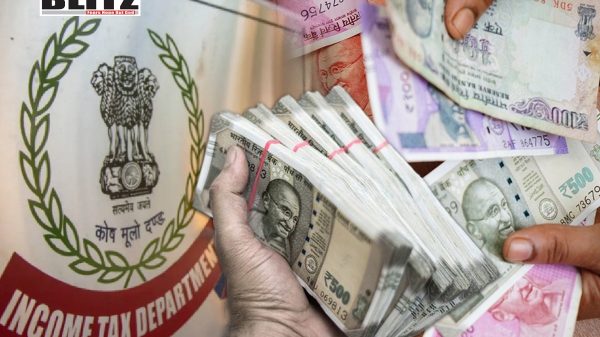Thousands of people protest in Spain against Catalan amnesty deal
- Update Time : Tuesday, January 30, 2024

New year, fresh protests. Local government sources say 45,000 people took to the streets to reject the amnesty deal for Catalan separatist leaders that allowed Prime Minister Pedro Sanchez to retain power.
Anger at the manner that Sanchez won a second term hasn’t subsided as the right of the country’s political divide attempts to heap pressure on the broad coalition government two and a half months into its existence.
The People’s Party (PP) insists that this Amnesty Law is just another step towards giving Catalonia an official independence referendum.
In 2017 an illegal independence referendum was held in Catalonia and many leaders – including Carles Puigdemont – later fled the country to avoid being prosecuted and imprisoned in Spain. The independence attempt ultimately failed.
The Amnesty Law negotiated that allowed Sanchez to stay in power will also allow Catalan leaders to return from exile and grants amnesty to over 200 people involved in the attempts to declare independence.
To complicate the situation even further, documents were declassified this week confirming that Spain’s intelligence services had been spying on the current President of the Government of Catalonia, Pere Aragonés, using the Pegasus spy software.
That this happened on Sanchez’s watch is a problem for the national government which needs the support of Catalan independence parties. Spain’s Justice Minister Felix Bolaños insisted publicly that the government had no knowledge nor did it grant authorization for any spying activity.
Now the PP is convinced that Sanchez will offer a referendum to Catalonia in the wake of this scandal.
Cuca Gamarra is the Secretary General of the PP. On Saturday he declared: “When they (Catalan nationalists) realise that this investigation happened under Sanchez’s watch they will demand a referendum and the problem is that he’s willing to pay the price.”
Sanchez and his PSOE socialist party colleagues have repeatedly denied that Catalonia will be given an independence referendum, saying they only work within the Spanish constitution which does not allow it.
Opposition leader Alberto Nuñez Feijoo revealed a new strategy with this protest in Madrid’s Plaza de España, calling on over 3,300 PP mayors from across the country to join forces in “a civic rebellion” which could take place before a potential referendum.
Energizing the PP’s regional bases is a new attempt by Feijoo to resist Sanchez’z dealings with Catalonia and Basque regions.
Just what shape this “civic rebellion” might take remains unclear, but CGTN spoke to protestors to hear their concerns.
“We are in a very precarious situation with this government,” Fernando Miranda said. Elena Bastidas agreed, telling us: “A lot of Spanish citizens are worried because this government is trashing the rule of law. I think we need to fix this, we need to show them we are against it in the streets.”
Bastidas added: “It’s time for Spanish people to be loud and claim we are all equals, say no to regional discrimination, some regions shouldn’t have privileges that the rest don’t, and the only way to change this is a change of Government in Spain.
“We have to fight this with everything we have. We need to say loudly that we don’t want our democracy or equality to be broken.”
For the government, there liess a big week ahead as the Amnesty Law goes to a vote in Spain’s Congress amid the turbulence of the spying scandal.
Meanwhile the political right continues to pile pressure on the government.


















